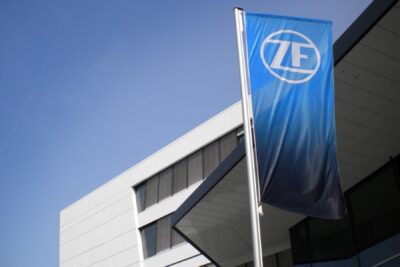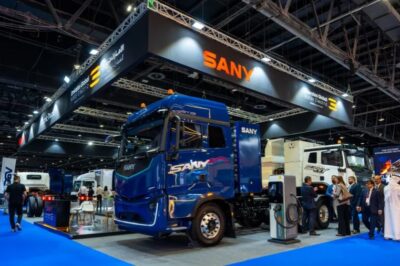Tesla denies Canadian allegations of subsidy fraud
Last month, there was a major surge in EV subsidy claims, following a pause in Canadian electric car subsidies. This occurred because Canada’s Incentives for Zero-Emission Vehicles (iZEV) programme reached its budget limit in January and was suspended on an ad hoc basis. At that point, there was a mad rush for the remaining funds, most of which were claimed by four Tesla dealers, who declared sales of 8,600 EVs and were able to claim more than $43 million in rebates over the weekend of Jan. 10-12 — taking up more than half of the $71.8 million in program funding that had been remaining on Friday morning.
Just a few days later, Canada then blocked Tesla from rebate programmes over a fallout with the U.S. government. This followed several regional governments doing the same, including the government of British Columbia, which announced that Tesla charging products were excluded from its EV charger rebate programme, as well as Toronto scrapping incentives for Tesla taxis, and Nova Scotia dropping its EV incentives for Teslas.
Now, Tesla has responded to the allegations of the cash grab in Canada, stating that “this is standard process and suggesting that the incentives were for backdated sales that Tesla hadn’t filed yet.” Given that this implies an impossible number of sales over the initial weekend when the claims were filed, with the Quebec City dealership claiming over 4,000 sales in one weekend, even a backlog would have to be quite extensive for these numbers to make sense, barring Tesla Canada simply not doing its due diligence over the subsidies in the months prior.
The situation gets even more complicated, as Tesla complains that the Canadian government had not directly contacted the company, instead forcing it to learn of the proceedings through the media, however, given that the company handles its communications in a very untraditional way, this is no major surprise. Currently, the Canadian government has frozen $43 million in rebates, as the investigation regarding the filings takes place.
Canada is also facing a tumultuous political climate at home, with elections coming up on April 28th, following former Prime Minister Justin Trudeau’s resignation in January, so the future of EV subsidies remains unclear in North America.





1 Comment